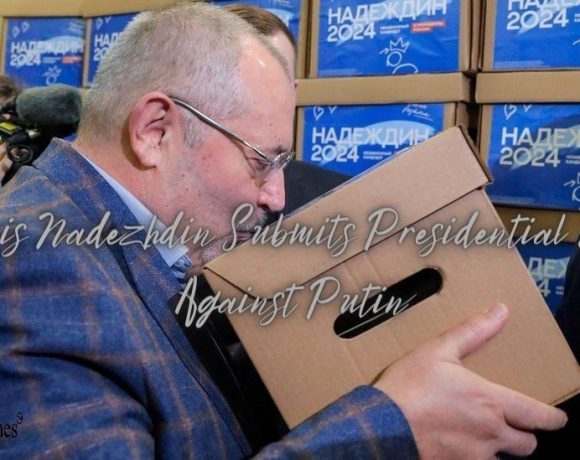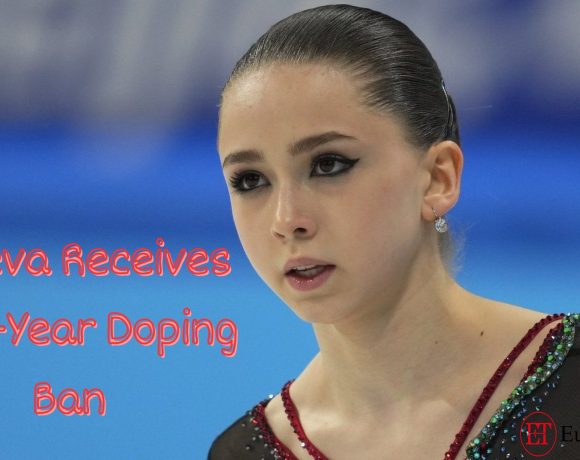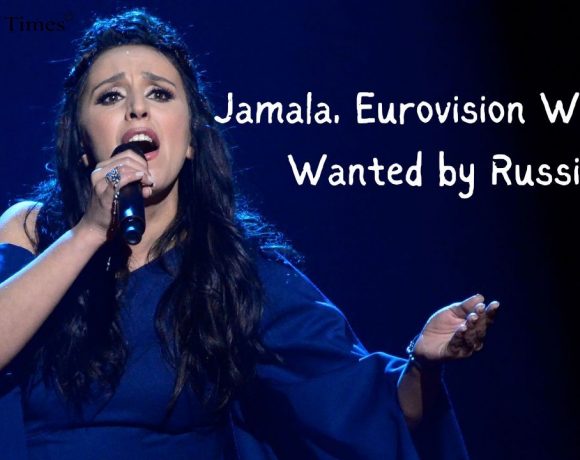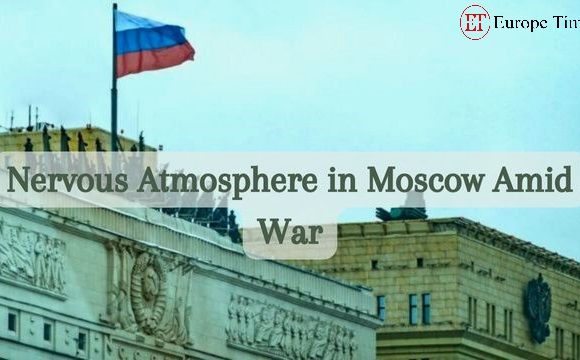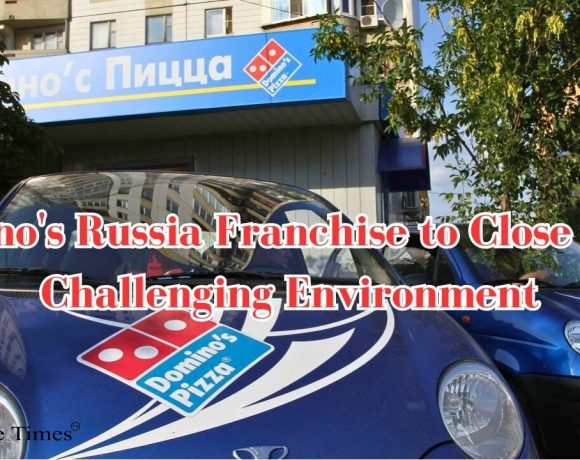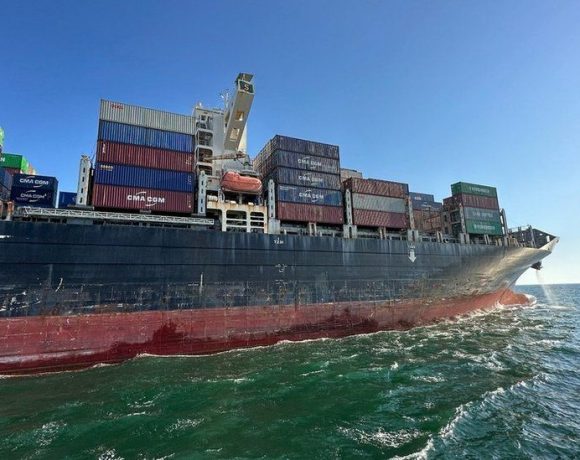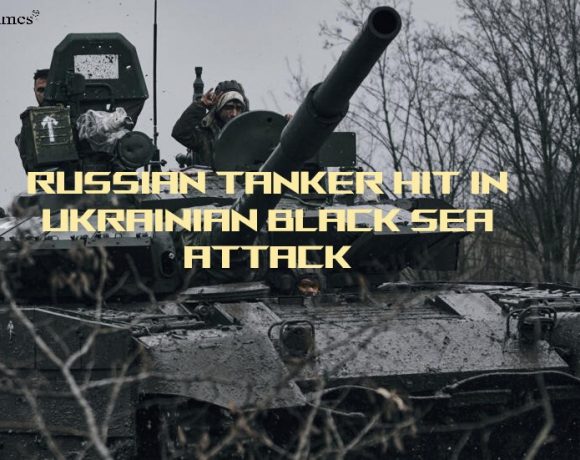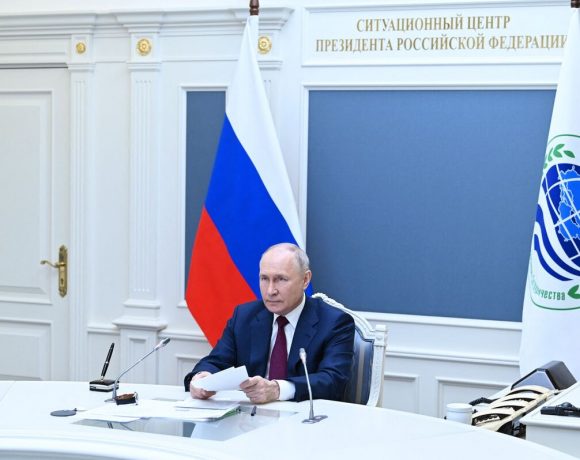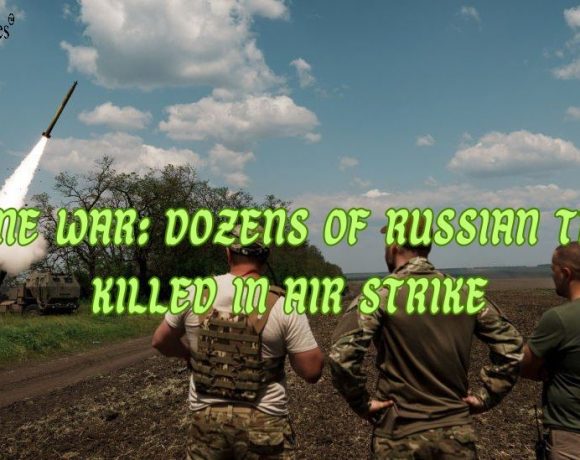
According to reports, at least 60 Russian soldiers were killed in eastern Ukraine’s Donetsk region when two missiles struck a training area where troops had gathered for the arrival of a senior commander, Maj-Gen Oleg Moiseyev. The incident occurred just before a meeting between Russian President Vladimir Putin and Defence Minister Sergei Shoigu, during which Shoigu claimed Russian successes in various areas of the front line. The soldiers, members of the 36th motorised rifle brigade, were allegedly instructed by their commanders to stand in an open field, where they were hit by missiles fired from a US-made HIMARS launch system. Video footage and images from the scene showed numerous dead soldiers.
Separately, reports emerged about the death of military blogger Andrey Morozov, known as Murz, who allegedly took his own life after being pressured by the military to remove a report detailing Russian losses in recent battles. Morozov claimed that about 16,000 troops had been killed or seriously injured, and 300 armored vehicles destroyed. The exact circumstances of Morozov’s death could not be independently verified.
Russia’s military seldom reports casualties, but some pro-Russian military bloggers have regularly provided such information. Ukraine has also spoken about significant casualties among Russian troops. A collaborative effort between BBC Russian and the Mediazona website has updated figures for confirmed deaths in the Russian military over the two years since the invasion of Ukraine, with a total of 45,123 confirmed dead, including 6,614 since October of the previous year.
Picture Courtesy: Google/images are subject to copyright

